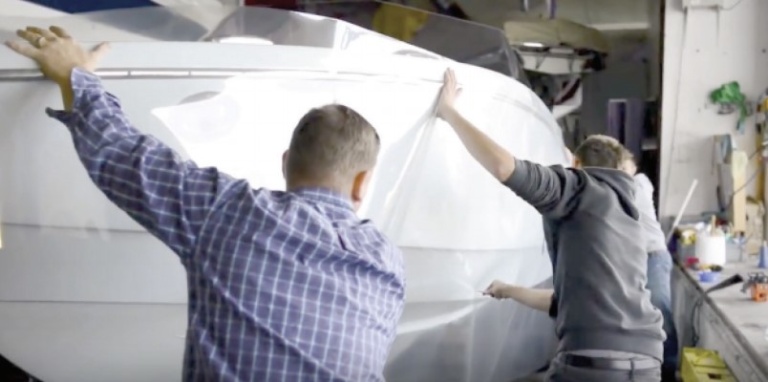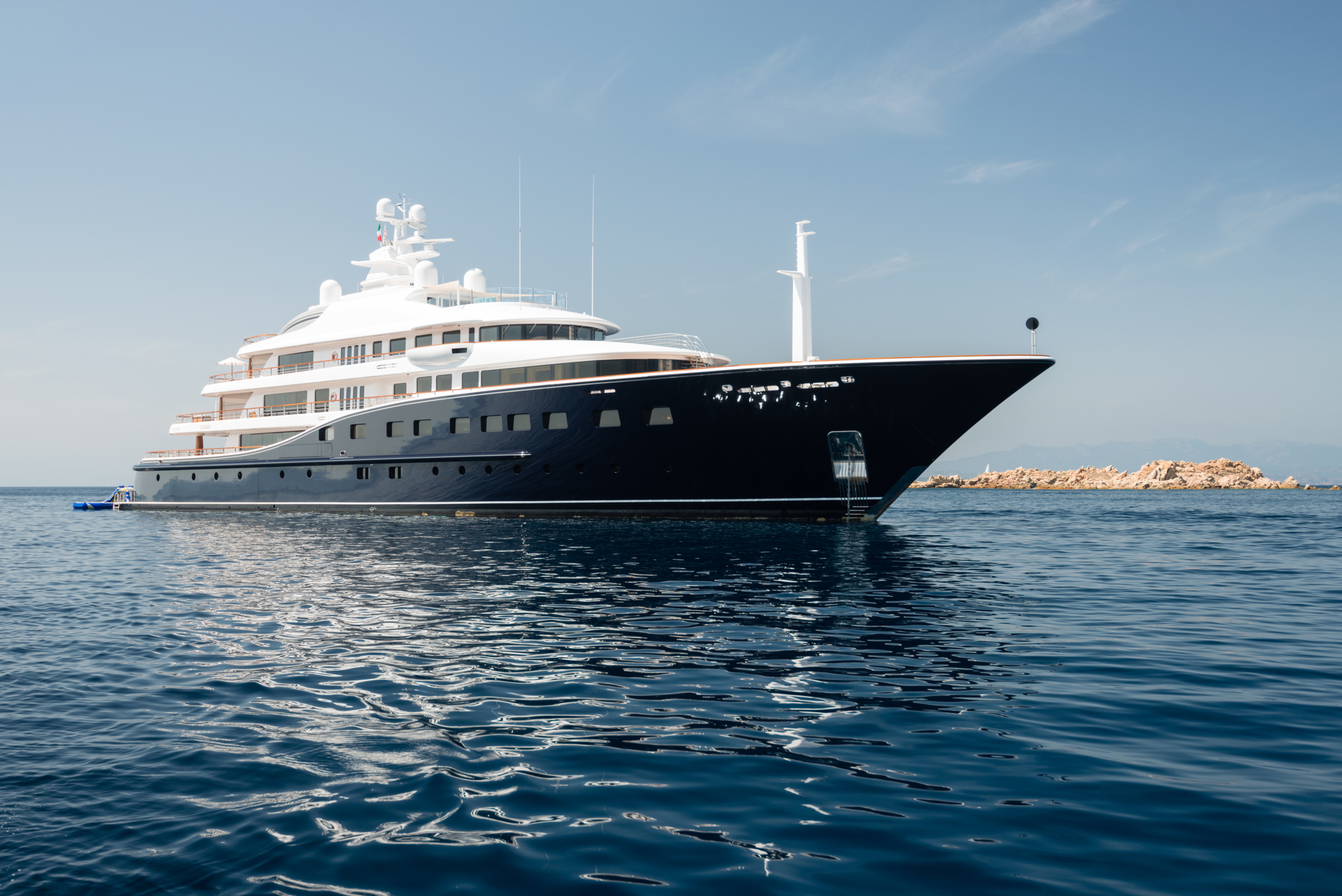Thanks to the smooth surface, you are faster, save fuel and have longer driving fun Speed Shield PRO Marine Series is designed with a specially engineered surface that creates a lotus effect between the boat and the water, which leads to not only being smooth and clean longer, but to increased speed and better fuel efficiency as well.
With industry leading corrosion protection we engineer a long term solution for a
well-kept boat in the harbor that attracts envious glances!
-

-
The lotus effect refers to self-cleaning properties that are a result of ultrahydrophobicity as exhibited by the leaves of Nelumbo, the lotus flower. Dirt particles are picked up by water droplets due to the micro- and nanoscopic architecture on the surface, which minimizes the droplet’s adhesion to that surface. Ultrahydrophobicity and self-cleaning properties are also found in other plants, such as Tropaeolum (nasturtium), Opuntia (prickly pear), Alchemilla, cane, and also on the wings of certain insects.
The phenomenon of ultrahydrophobicity was first studied by Dettre and Johnson in 1964 using rough hydrophobic surfaces. Their work developed a theoretical model based on experiments with glass beads coated with paraffin or PTFE telomer. The self-cleaning property of ultrahydrophobic micro-nanostructured surfaces was studied by Wilhelm Barthlott and Ehler in 1977, who described such self-cleaning and ultrahydrophobic properties for the first time as the „lotus effect“; perfluoroalkyl and perfluoropolyether ultrahydrophobic materials were developed by Brown in 1986 for handling chemical and biological fluids. Other biotechnical applications have emerged since the 1990s
More Information on Wikipedia about the Lotus Effect: https://en.wikipedia.org/wiki/Lotus_effect -


